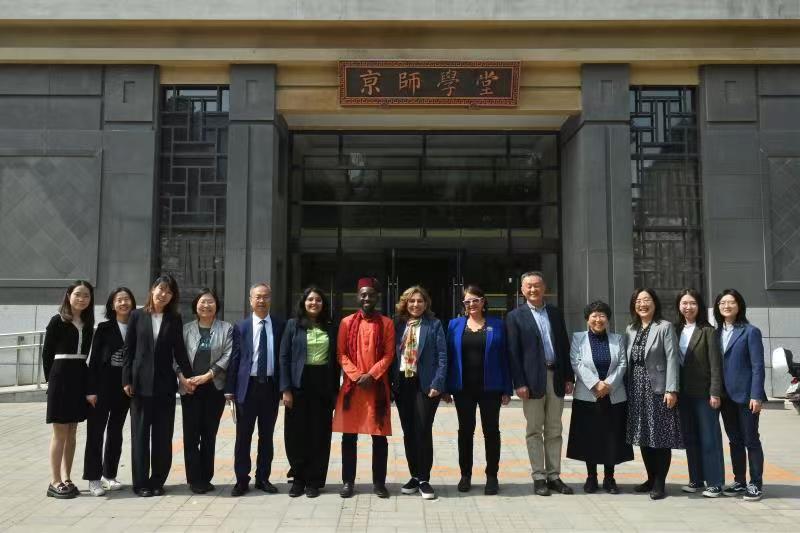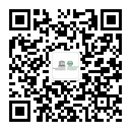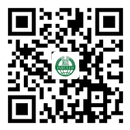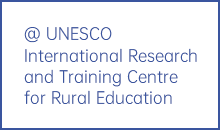On 30 March 2023, INRULED expert consultation meeting on “Gender Equality and Women leadership Programme” was successfully held. The meeting was attended by a distinguished group of participants, including Mr. Chernor Bah, Executive Director of Purposeful in Sierra Leone, Dr. Mayyada Abu Jaber, founder of JoWomenomics and World of Letters in Jordan, Ms. Kemly Camacho, General Coordinator of Sulá Batsú in Costa Rica, Ms. Poornima Meegammana, Youth Director of the Shilpa Sayura Foundation in Sri Lanka, Prof. Zhang Tiedao, former vice president of Beijing Academy of Educational Science, Prof. Zheng Xinrong, Faculty of Education at Beijing Normal University, Prof. Zhang Lili, Chief Expert at INRULED, Dr. Zhao Yuchi, Deputy Director of INRULED, and other staff members. The meeting was chaired by Zeng Xiaodong, Executive Director of INRULED.
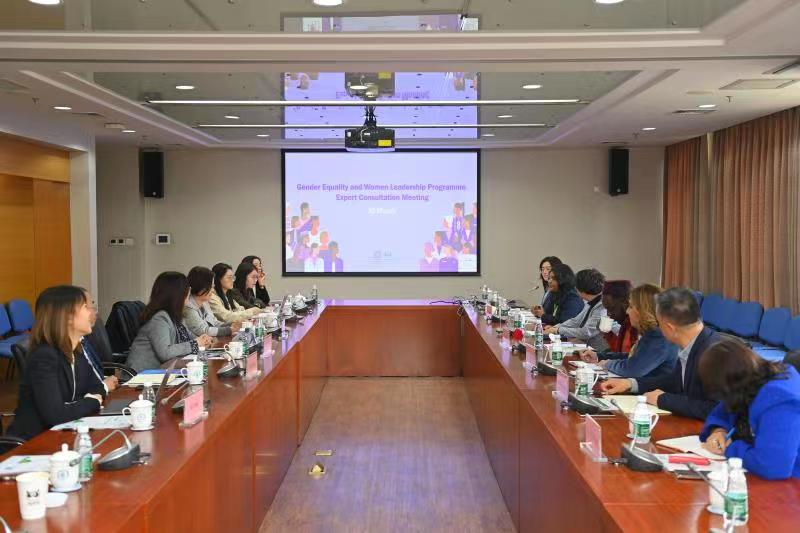
During the meeting, Prof. Zhang Lili reviewed the achievements and development of INRULED’s gender equality and women leadership programme, emphasizing its importance and influence in the digital era. She stressed that the digital era provides new opportunities and challenges for gender equality. In the future, the programme will continue to explore the digital path of gender equality and women leadership, improve the status and influence of women in the digital era.
The attending experts praised the efforts made by INRULED in this programme and shared their own practical experience and prospects for future cooperation.
Dr. Mayyada Abu Jaber suggested that more attention should be paid to girls who drop out of school and the learning initiative of girls in rural areas. She emphasizes the need to study the differences in learning between boys and girls in various schools and encouraged rural women to break gender stereotypes and attain leadership positions in digital technology.
Mr. Chernor Bah pointed out that gender equality should be a part of social culture. In the digital era, firstly, it should be ensured that all people have the opportunity to learn technology. Secondly, women's participation in science and engineering should be strengthened to give them more opportunities to realize their potential. In addition, he called on governments and private enterprises should take more responsibility and provide sufficient resources and support to achieve gender equality.
Ms. Kemly Camacho emphasized the importance of diversity, providing equal opportunities for all girls, involving them in the design and development of technological products, and developing technology related to local women's needs. She suggested combining technology with health, art, education and seeking solutions for girls, teenagers and women in the community.
Ms. Poornima Meegammana expressed concern about the challenges of teacher training in the digital era, including low enthusiasm for teachers to learn digital technology and insufficient time for learning. She emphasized the importance of developing independent learning skills among teachers due to the rapid iteration of technology in the digital age and recommended trying various methods to address these issues.
Prof. ZHANG Tiedao said that digitalization is shaping and changing our society, and we are faced with the dilemma of digital divide and digital empowerment. Firstly, there are difficulties in empowering girls through digital technology, as in most Chinese schools, mobile phones and the internet are often prohibited. He suggested that we need to consider the circumstances under which such a project should be carried out, identify the target audience, and determine the programme’s duration. He also recommended launching innovative pilot projects in this field and building partnerships.
Professor Zheng Xinrong highlighted that the prevalence of mobile phones in daily life leads to subjective selection of the information each person receives, which can result in completely different digital awareness levels among people with different educational backgrounds. She emphasized the importance of enabling girls to express their thoughts and emotions in the digital age. In addition, girls in the digital age first learn how to acquire knowledge from traditional education and avoid becoming digital illiterates or getting lost in the network. Finally, she called for further expansion of the programmes’ scope to focus on vulnerable groups on the move.
In conclusion, the meeting attendees expressed their expectations for future cooperation in carrying out gender equality and women leadership programme. They called for expanding the programme's influence through partnerships, exploring better solutions through research and case studies, and promoting programme cooperation and development through international organization exchanges and seminars.
